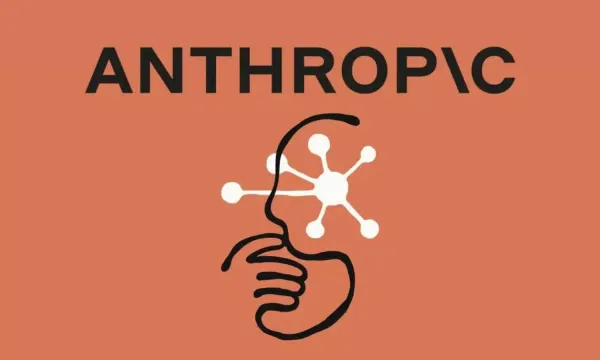Perplexity Wants to be Google, Collect User Data & Sell Hypersonalised Ads

Perplexity CEO Aravind Srinivas recently outlined the company’s plans to launch a browser named Comet—a move aimed at deepening user understanding through broader data collection.
Speaking on the TBPN podcast, Srinivas said that collecting data beyond Perplexity’s app is key to offering more relevant advertising and content recommendations.
“That’s kind of one of the other reasons we wanted to build a browser—we want to get data even outside the app to better understand you. Because some of the prompts that people do in these AIs is purely work-related… what you’re buying, which hotels or restaurants you visit, what you spend time browsing—tells us so much more,” Srinivas said.
The goal is to improve Perplexity’s user profiles and fuel ad relevancy through its “Discover” feed. Srinivas suggested that users would accept the tracking if it leads to more meaningful content and ads.
The Comet browser is expected to launch in May after previous delays. Perplexity has also partnered with Motorola to pre-install its app on Razr smartphones, accessible through Moto AI. Srinivas alluded to potential talks with Samsung, as previously reported by Bloomberg.
This strategy mirrors broader industry trends, most notably those of Google—currently the subject of a U.S. Department of Justice antitrust case regarding its dominance in search and digital advertising.
Google’s business has long relied on comprehensive data collection, made possible through its ecosystem of services, including Search, Gmail, YouTube, Chrome, and Android.
How Much Data Does Google Collect—and What Does It Do With It?
Google collects a wide range of personal data points, including:
- Search history across devices
- Location data (via Google Maps and mobile services)
- Browsing behavior through Chrome and embedded ad trackers
- Voice activity from Google Assistant
- Email and document content from Gmail and Google Drive
- Viewing habits on YouTube
- App activity on Android devices
This data is aggregated to build detailed user profiles, which power Google's ad-targeting systems. Advertisers use these profiles to deliver ads based on interests, demographics, and behaviors—making up the majority of Alphabet’s annual revenue.
Google says this approach helps keep services free and ads more relevant, but it has also sparked growing concerns over digital privacy, surveillance capitalism, and user consent. These concerns have led to regulatory scrutiny across the U.S., Europe, and other regions.
Interestingly, advertising remained Alphabet’s largest revenue stream in Q1 2025, bringing in $66.8 billion, up 8.5% from the same quarter in 2024 and slightly above the $66.4 billion forecast.
Within the segment, “Google Search & Other” delivered $50.7 billion in revenue, a 9.8% increase from $46.16 billion last year. YouTube advertising brought in $8.93 billion, representing a 10.3% year-over-year rise, just under analyst estimates of $8.97 billion.
A Broader Trend with Implications
Perplexity’s push into the browser and mobile ecosystems—along with OpenAI’s similar interest—signals a broader effort among AI startups to build their own data pipelines.
As platforms seek to improve AI personalisation and monetisation, how they collect and use user data will remain central to both innovation and ethical debate.
With regulators increasingly focused on digital ecosystems and data monopolies, tech companies—new and established—are walking a fine line between personalisation and privacy.




